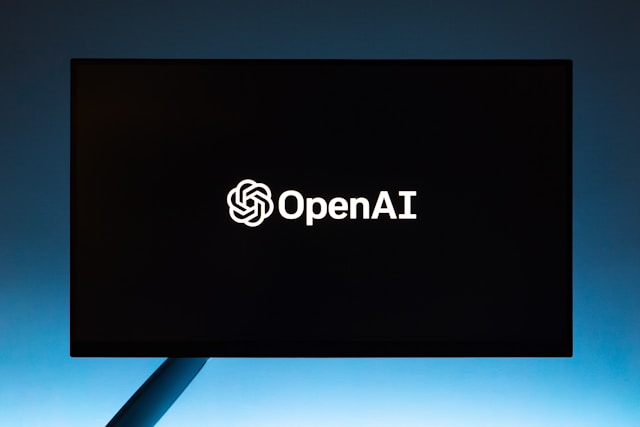The AI-driven prototype, blending ChatGPT’s conversational abilities with real-time web search, could reshape the online search landscape
OpenAI has unveiled a new search engine prototype named SearchGPT, which aims to challenge Google’s long-standing dominance in the online search market. Initially rolling out with a select group of users and publishers, SearchGPT is designed to integrate the company’s generative AI models with real-time web search capabilities.
SearchGPT will function as an advanced search tool, providing conversational responses to user queries while delivering up-to-date information and clear links to relevant sources. This approach positions OpenAI as a direct competitor to major search engines like Google and Bing, which is backed by OpenAI’s largest investor, Microsoft.
The introduction of SearchGPT reflects the ongoing arms race among tech companies to integrate generative AI into search engines. Despite the potential benefits, this innovation comes with risks, including the possibility of producing inaccurate results and raising copyright concerns.
OpenAI’s blog post emphasizes the potential advantages of SearchGPT, stating that it aims to simplify the search process by offering more efficient and conversational responses. The company believes that combining AI’s conversational strengths with real-time data will make finding information faster and easier.
However, the launch of SearchGPT also risks exacerbating tensions with publishers. OpenAI faces ongoing legal battles with various news organizations, including the New York Times and the Chicago Tribune, over alleged copyright violations. These publishers argue that OpenAI’s use of their content to train AI models constitutes plagiarism and profits from their protected material without proper compensation.
In response, OpenAI has defended its practices by citing the doctrine of “fair use,” asserting that its AI services create new content rather than simply replicating existing works. The company has indicated that it will work with publishers to ensure proper representation and compensation for their content within SearchGPT.
The emergence of AI-powered search tools has already faced backlash from users and publishers. For instance, Google’s recent launch of AI Overviews, which summarizes content from search results, has been criticized for diverting traffic and advertising revenue away from original sources. Similarly, Perplexity, another AI search engine, has faced legal threats from publishers over its use of news articles in its results.
OpenAI has stated that it is partnering with publishers for SearchGPT and offering options for how their content is displayed in search results. Statements from high-profile media executives, including the CEOs of The Atlantic and News Corp, suggest a cautious optimism about the future of AI-enabled search.
The launch of SearchGPT arrives amid a significant antitrust lawsuit against Google by the US Department of Justice, which alleges that Google has unlawfully monopolized the search industry through exclusive agreements with device manufacturers. The outcome of this case could further impact the dynamics of the online search market.
Analysis:
Political:
The introduction of SearchGPT could influence regulatory scrutiny and antitrust considerations, especially in light of ongoing legal challenges against Google. The competition introduced by OpenAI may prompt regulatory bodies to reassess market dynamics and potential monopolistic practices.
Social:
SearchGPT’s development highlights the evolving landscape of online search and information retrieval. The conversational nature of AI-driven search tools may alter how users interact with search engines, potentially impacting information consumption habits and user expectations.
Racial:
The broader implications of AI in search engines include considerations of diversity and representation. Ensuring that AI tools provide fair and unbiased search results is crucial to avoid reinforcing existing biases or marginalizing certain groups.
Gender:
AI’s role in search engines may influence gender dynamics in information access and representation. Ensuring that AI tools are designed to be inclusive and respectful of all users is essential to prevent perpetuating gender biases.
Economical:
The economic impact of SearchGPT and similar innovations include potential shifts in advertising revenue and traffic distribution. Publishers and content creators may need to adapt their strategies in response to new search technologies and their effects on revenue streams.
